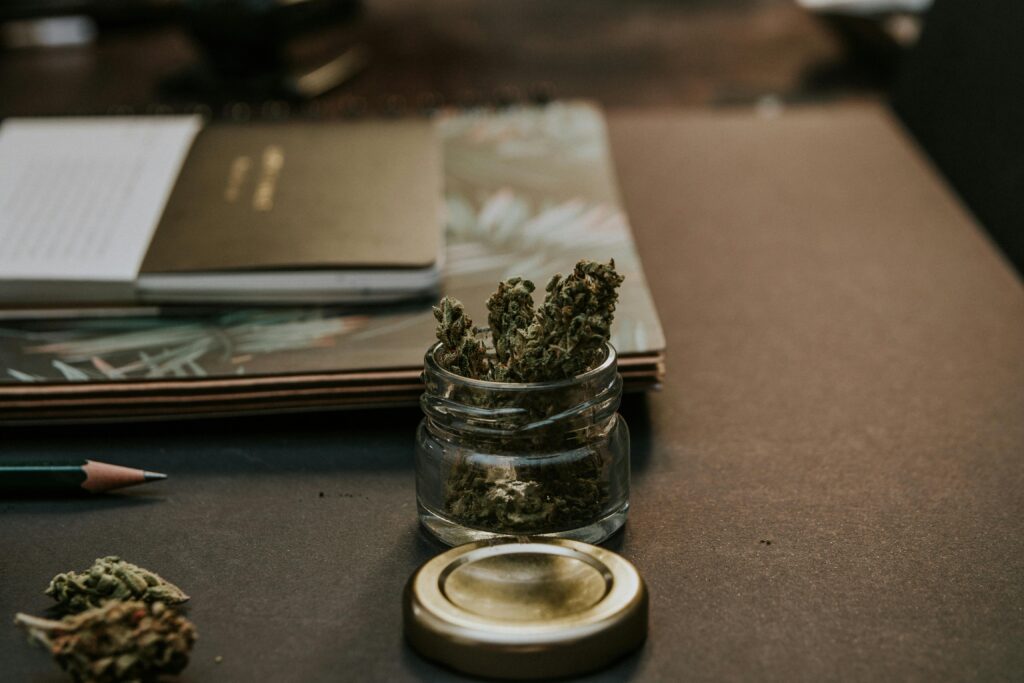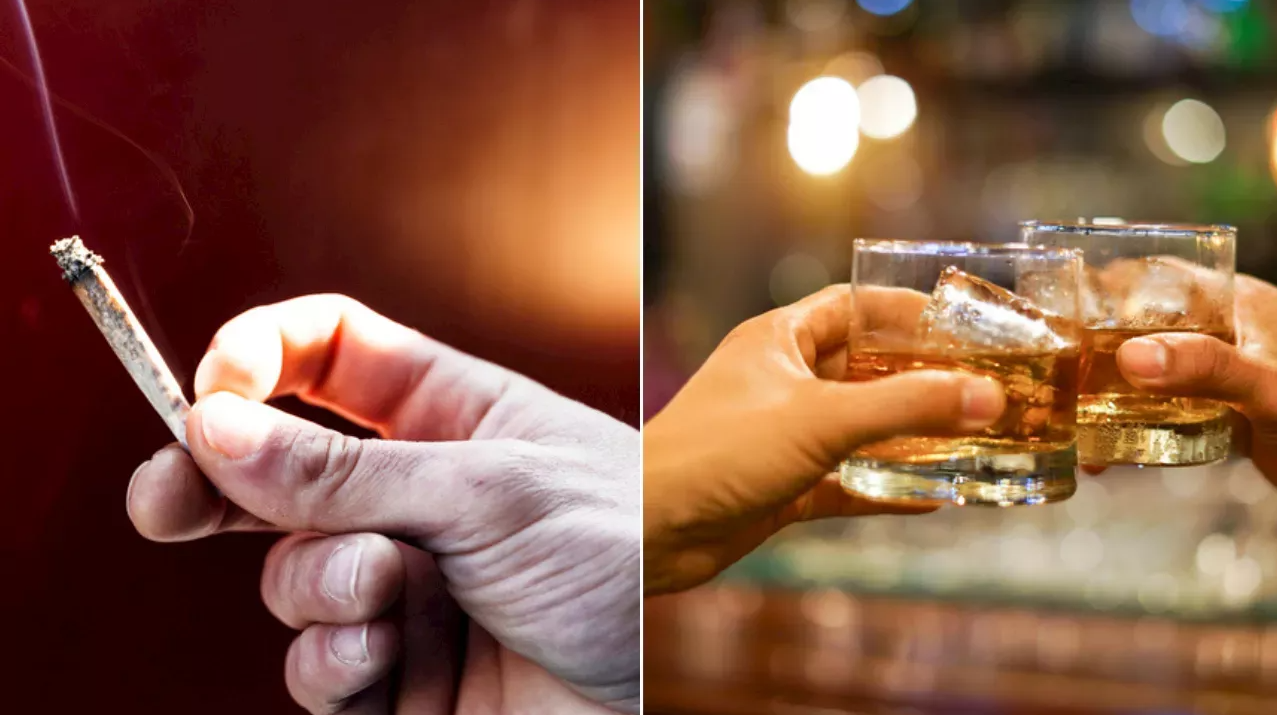
- Marijuana is now being used by more Americans on a daily or almost daily basis than alcohol, marking a significant shift.
- Between 1992 and 2022, the rate of daily or near-daily cannabis use per person rose by 15 times.
- Some analysts on Wall Street think increased cannabis adoption will have an impact on the alcohol industry, with the potential for mergers and fewer beer sales.
Americans are choosing buds over alcohol more frequently.
Carnegie Mellon University analyzed data spanning 40 years and found that daily or near-daily marijuana use is more prevalent in the U.S. than frequent drinking.
The study examines information from over 1.6 million individuals in the United States gathered from 27 surveys conducted between 1979 and 2022.
In 2022, the number of people using marijuana daily for the first time surpassed those who drank alcohol at the same frequency. Approximately 17.7 million individuals used cannabis, while 14.7 million individuals consumed alcohol.
In 1992, around 900,000 Americans admitted to using cannabis daily, while 8.9 million people consumed alcohol daily. Since then, the number of daily cannabis users has increased by 15 times.
Roth MKM analyst Scott Fortune stated that the data clearly shows that the younger generation is embracing cannabis more frequently on a daily and monthly basis compared to other age groups.

He mentioned that as younger generations become more familiar with legal cannabis, they may start choosing it over alcohol and tobacco, leading to a shift in consumer preferences.
As the cannabis industry anticipates the Drug Enforcement Administration's potential relaxation of federal restrictions and reclassification of marijuana, companies such as Tilray, Canopy Growth, and Curaleaf could benefit from increased funding, research opportunities, and investment prospects.
The spirits and alcohol industry is striving to maintain its market share despite changing preferences of younger consumers.
Roth MKM analyst Bill Kirk mentioned that the youngest legal drinking-age consumers in the U.S. are drinking alcohol less frequently and consuming fewer drinks when they do.

Kirk mentioned that several factors are leading to this, such as an increase in people choosing not to drink, a wider range of good non-alcoholic choices, and a rise in cannabis consumption.
Fortune mentioned that while alcohol may not be negatively impacted by the rise of cannabis, they expect alcohol to collaborate, invest, or purchase U.S. cannabis businesses once federal regulations permit, in order to benefit from the projected industry expansion.
However, a few analysts in the financial district anticipate a larger influence on the alcohol sector due to the acceptance of cannabis.
Bernstein analyst Nadine Sarwat stated that the growth rate of beer volume in Canada could be reduced by up to 230 basis points due to the legalization of cannabis. In the United States, where cannabis is also legal, the impact on beer volume could be around 75 basis points. It's important to note that one basis point is equal to one-hundredth of a percentage point.
She mentioned that varying state regulations on cannabis help lessen the impact on major beer and liquor companies such as Constellation Brands, Diageo, AB InBev, and Molson Coors.
Sarwat mentioned that the current political climate makes it unlikely for federal legalization to happen soon, which could potentially raise the risk to alcohol.
Preview photo credit-pexels.com













